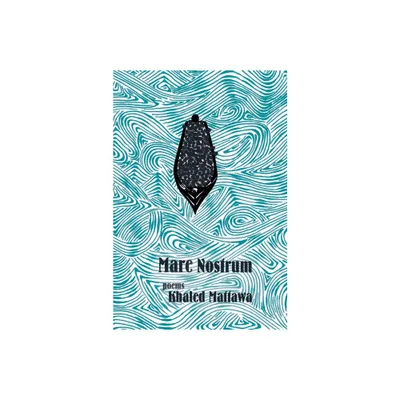Home
the Politics of Memory Italian Populist Radical Right: From Mare Nostrum to Vostrum
Loading Inventory...
Barnes and Noble
the Politics of Memory Italian Populist Radical Right: From Mare Nostrum to Vostrum
Current price: $180.00


Barnes and Noble
the Politics of Memory Italian Populist Radical Right: From Mare Nostrum to Vostrum
Current price: $180.00
Loading Inventory...
Size: Hardcover
*Product Information may vary - to confirm product availability, pricing, and additional information please contact Barnes and Noble
The Politics of Memory in the Italian Populist Radical Right
examines the role of colonial memory in the contemporary Italian populist radical right, which includes the Lega and Fratelli d’Italia (FdI).
The book originally adopts postcolonialism as an analytical framework to critically examine which roles colonial memory plays in the Italian populist radical right. Considering the timeframe between 2013 and 2021, this book suggests that the contemporary Italian populist radical right selectively shaped its memory of the colonial past, expunging the most difficult aspects from it. The fact that the Italian populist radical right parties examined do not fully acknowledge the controversial aspects of Italy’s colonial past, which are bracketed off discourse, may contribute to the deployment of colonial discourse by these same parties when discussing immigration. From this Italian case study, broader implications can be drawn regarding the role of colonial memory in political discourse, which is a topical matter across Europe.
The book will be of interest to those studying populism, the radical right, Italian politics and history, colonialism, and the politics of memory.
examines the role of colonial memory in the contemporary Italian populist radical right, which includes the Lega and Fratelli d’Italia (FdI).
The book originally adopts postcolonialism as an analytical framework to critically examine which roles colonial memory plays in the Italian populist radical right. Considering the timeframe between 2013 and 2021, this book suggests that the contemporary Italian populist radical right selectively shaped its memory of the colonial past, expunging the most difficult aspects from it. The fact that the Italian populist radical right parties examined do not fully acknowledge the controversial aspects of Italy’s colonial past, which are bracketed off discourse, may contribute to the deployment of colonial discourse by these same parties when discussing immigration. From this Italian case study, broader implications can be drawn regarding the role of colonial memory in political discourse, which is a topical matter across Europe.
The book will be of interest to those studying populism, the radical right, Italian politics and history, colonialism, and the politics of memory.


















